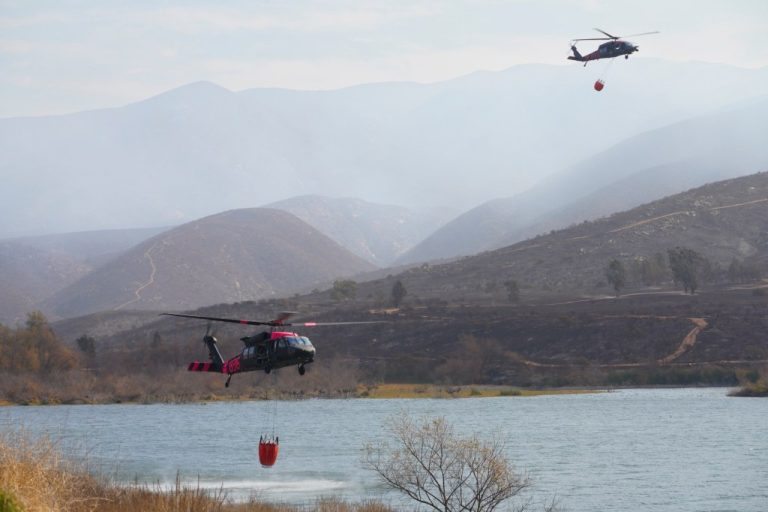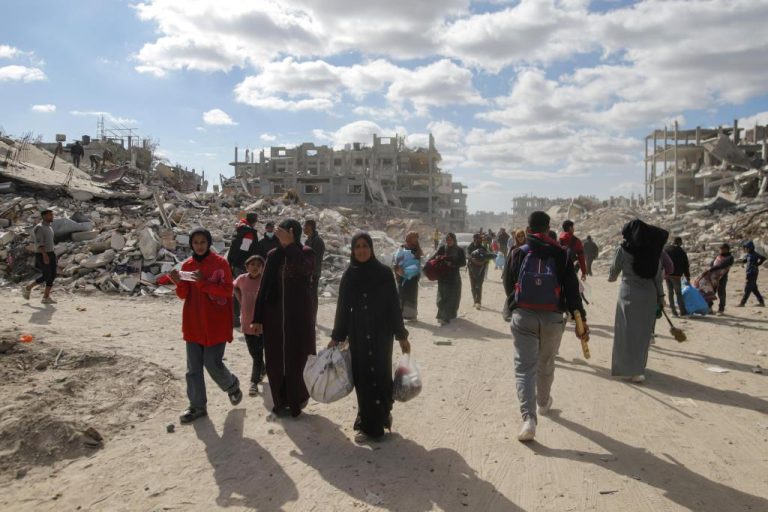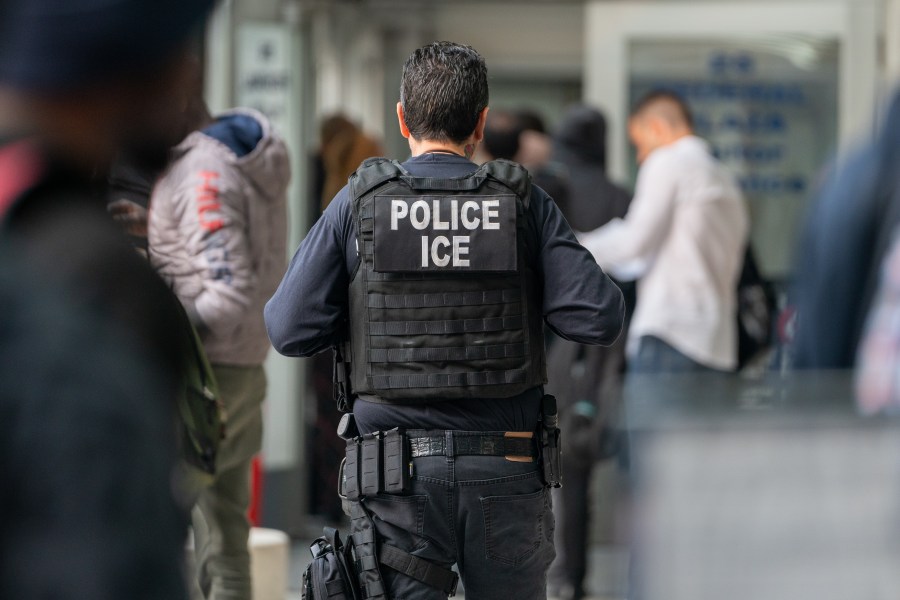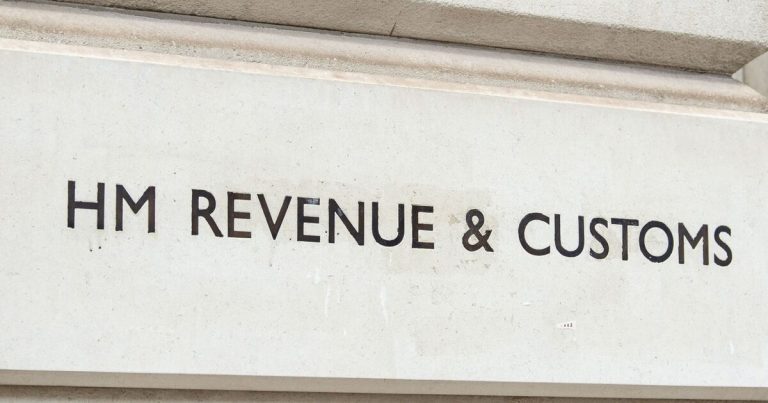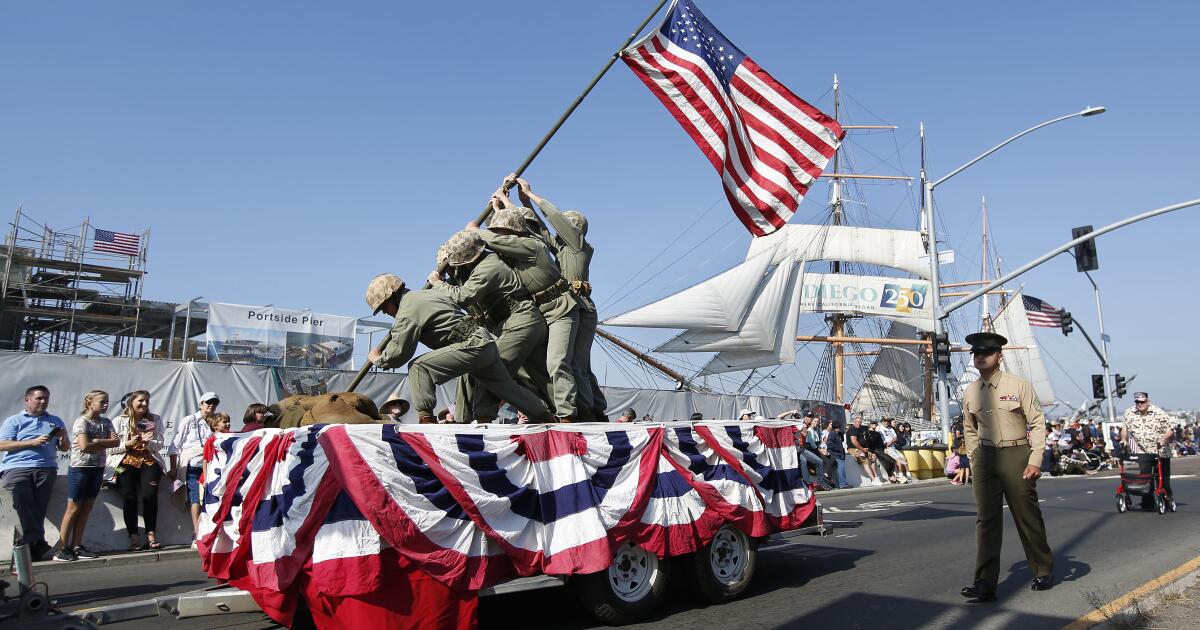

González is a U.S. Marine infantry veteran and an assistant professor of Chicana and Chicano Studies at California State University, Dominguez Hills. He is originally from Watts.
After leaving Iraq in 2007, I was made aware that some of my fellow Marines lacked legal citizenship, and I couldn’t understand how or why that was possible. In graduate school, I started reading about veterans being deported, which informed my dissertation on explaining the development of citizenship-for-service. As a result, Veterans Day is a holiday I struggle with.
Originally celebrated as “Armistice Day,” Veterans Day began as a holiday to honor service members who fought and died in the Great War, which ended in 1918. For the most part, World War I veterans embodied the civic-republican ideal of the citizen-soldier. Non-citizen service members who risked their lives in war were equally regarded as political members. Over a quarter-million non-citizens became legal citizens through military service — the largest number of wartime naturalizations among any U.S. conflict. Administrative obstacles were procedurally exempt for non-citizen service members during WWI.
Today, a different story is playing out with non-citizen service members and veterans. Not only is it less likely for non-citizen service members and veterans to naturalize compared to immigrants without service, but U.S. veterans can be deported despite being honorably discharged. Coupled with the rise of immigration enforcement in the 1980s and 1990s, non-citizen veterans are no longer shielded from deportation when integrating back into civilian life.
Non-citizen service members are subject to Sections 328 and 329 of the 1952 Immigration and Nationality Act, which determines their eligibility to naturalize based on whether the country is in peace or wartime, respectively. In wartime, Section 329 authorizes applications for naturalization after a single day of honorable service. Though Congress reduced the peacetime requirement from three years to one year in 2003, this new peacetime process will remain untested until the president officially ends U.S. involvement in the war on terror.
Most deported veterans were unaware of their naturalization benefits, processes or resources until they arrived at basic training. One reason for being ill-informed is that the Department of Defense does not require service branches to notify non-citizen service members of their naturalization opportunities or related base resources. Army officials reported that recruiters are not expected to inform or field questions about military naturalization from prospective recruits.
If unable to naturalize while in service, some veterans may find themselves in legal jeopardy. The modern immigration enforcement regime has blurred criminal and immigration law, charging some veterans with “aggravated felonies” that subsequently initiate administrative removal procedures. Deporting veterans is a symptom of the current draconian U.S. immigration regime. It is far from the case that non-citizen veterans are committing more crimes prompting their removal. Instead, Congress made it easier to identify non-citizens for removal through the invention of aggravated felonies, then applied the policy retroactively, branding convicted non-citizen veterans as deportable, ineligible to remain in the country they swore an oath to defend.
The U.S. military — under the guise of protecting national security — systematically distinguishes and relegates non-citizens as second-class service members to maintain reserve military labor. Most military occupational specialties are only open to legal citizens, limiting non-citizens to perform labor in combat and combat support roles. Non-citizens bear the same combat scars and trauma, are trained in fields with the least civilian marketability and are expected to reintegrate as civilians with little to no guidance or mentorship.
Over 170 years ago, when Frederick Douglass reminded a mostly White crowd that celebrating U.S. independence is a mockery to slaves who remained in bondage, Douglass was not interested in convincing the crowd that slavery was morally wrong or that slaves were indeed human. The goal, instead, was to expose the irony and hypocrisy of U.S. independence that remained in the background, “your denunciation of tyrants, brass-fronted impudence; your shouts of liberty and equality, hollow mockery.” Douglass’s jeremiad revealed that Americans who celebrated U.S. independence in 1852 simultaneously consented to robbing Black people of their liberty and full humanness when they turned the other cheek to slavery.
Deported veterans were fundamentally demoted to the lowest tiers of military work by separating political members from non-members. Deported veterans had their labor exploited and are then discarded in exile. From my experience of interviewing 17 deported veterans in Mexico and the Caribbean, the existence of deported veterans implies that performing allegiance to the U.S. is necessary yet insufficient for political membership. To U.S. veterans deported to their countries of origin, Veterans Day is a reminder that their sacrifice in uniform defending American democracy is a mockery. Military veterans should be celebrated, rightly so. Until Congress sees fit to end the practice of deporting military veterans, the hypocrisy of Veterans Day must continue to be exposed.
Taking a page from Douglass, this Veterans Day is yours, not theirs.


